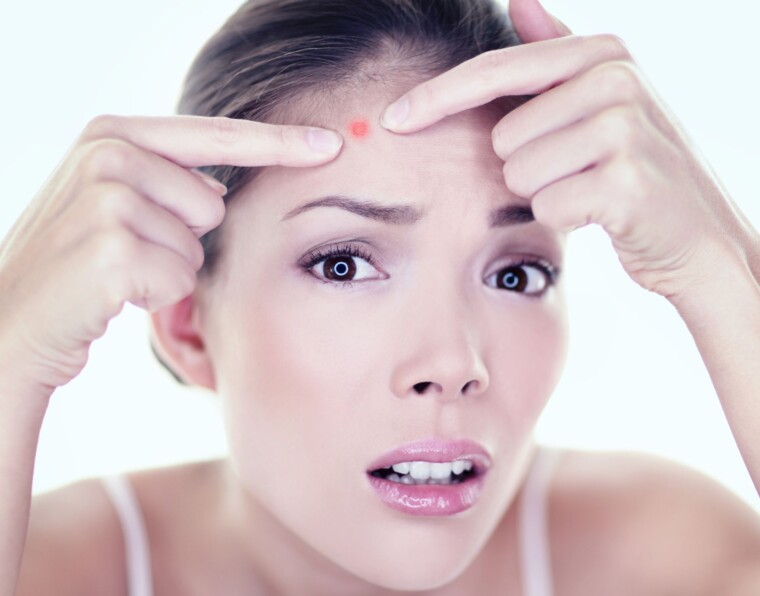Sensitive skin can be frustrating and uncomfortable to experience, and can cause redness, irritation and other symptoms. Understanding the connection between diet and sensitive skin can be a great way to take control of skin health, and maintain healthy, beautiful skin.
What is sensitive skin?
Sensitive skin is skin that is easily irritated, and is more prone to redness, itchiness, and other symptoms. Sensitive skin can be caused by both internal and external factors, such as stress, environmental irritants, and diet.
How does diet affect sensitive skin?
The food we eat can have a huge impact on our skin health. Eating a diet high in processed foods, sugar, and artificial additives can cause inflammation, which can lead to sensitivity and irritation. On the other hand, eating a diet rich in fruits, vegetables, omega-3 fatty acids, and probiotic foods can help reduce inflammation and promote healthy skin.
Types of Food to Avoid
When it comes to avoiding inflammation and promoting healthy skin, there are certain types of food that should be avoided. Foods with high sugar content, such as candy, cakes, and sodas, can increase inflammation and cause skin sensitivity. Foods containing artificial additives, such as preservatives and food dyes, can also contribute to skin sensitivity. And, of course, processed foods should be avoided, as they can increase inflammation and irritation.
Foods to Eat for Healthy Skin
When it comes to eating for healthy skin, there are certain foods that can help promote healthy skin. Fruits and vegetables are great sources of vitamins and minerals that can help reduce inflammation and promote healthy skin. Omega-3 fatty acids, such as salmon and other fish, can help reduce inflammation and maintain healthy skin. And probiotic foods, such as yogurt and kefir, can help maintain the balance of good bacteria in the gut, which can help reduce inflammation and promote healthy skin.
Additional Tips for Healthy Skin
In addition to diet, there are other tips that can help maintain healthy skin. Avoiding environmental irritants, such as smoke and pollution, can help reduce irritation and sensitivity. Drinking plenty of water can help keep skin hydrated and healthy. And getting plenty of sleep can help reduce stress and inflammation, which can help promote healthy skin.
Diet and Sensitive Skin: Conclusion
In conclusion, diet can have a huge impact on skin health, and understanding the connection between diet and sensitive skin can be a great way to take control of skin health. Eating a diet high in fruits, vegetables, omega-3 fatty acids, and probiotic foods can help reduce inflammation and promote healthy skin. Avoiding processed foods, sugar, and artificial additives can also be beneficial. In addition to diet, avoiding environmental irritants, drinking plenty of water, and getting plenty of sleep can help maintain healthy skin.
FAQ
1) What foods should sensitive skin avoid?
People with sensitive skin should avoid foods that are high in sugar, dairy, and processed carbohydrates. These foods can cause inflammation and irritation, which can exacerbate skin sensitivity and cause redness, dryness, and flaking. Other foods to avoid include citrus fruits and juices, alcohol, and spicy foods.
2) Can diet prevent skin cancer?
Eating a healthy diet that is rich in vitamins and minerals can help to boost your immune system, protect your skin from environmental damage, and reduce your risk of skin cancer. Eating plenty of antioxidant-rich fruits and vegetables such as blueberries, carrots, and spinach can help protect your skin from sun damage and reduce your risk of skin cancer.
3) Can diet cause skin problems?
Yes, diet can cause skin problems. Eating too many processed foods and unhealthy fats can lead to inflammation and breakouts. Eating foods that are high in sugar can cause an imbalance of hormones, leading to acne. It is important to maintain a balanced diet with plenty of fresh fruits, vegetables, and lean proteins to keep your skin healthy and free from blemishes.




